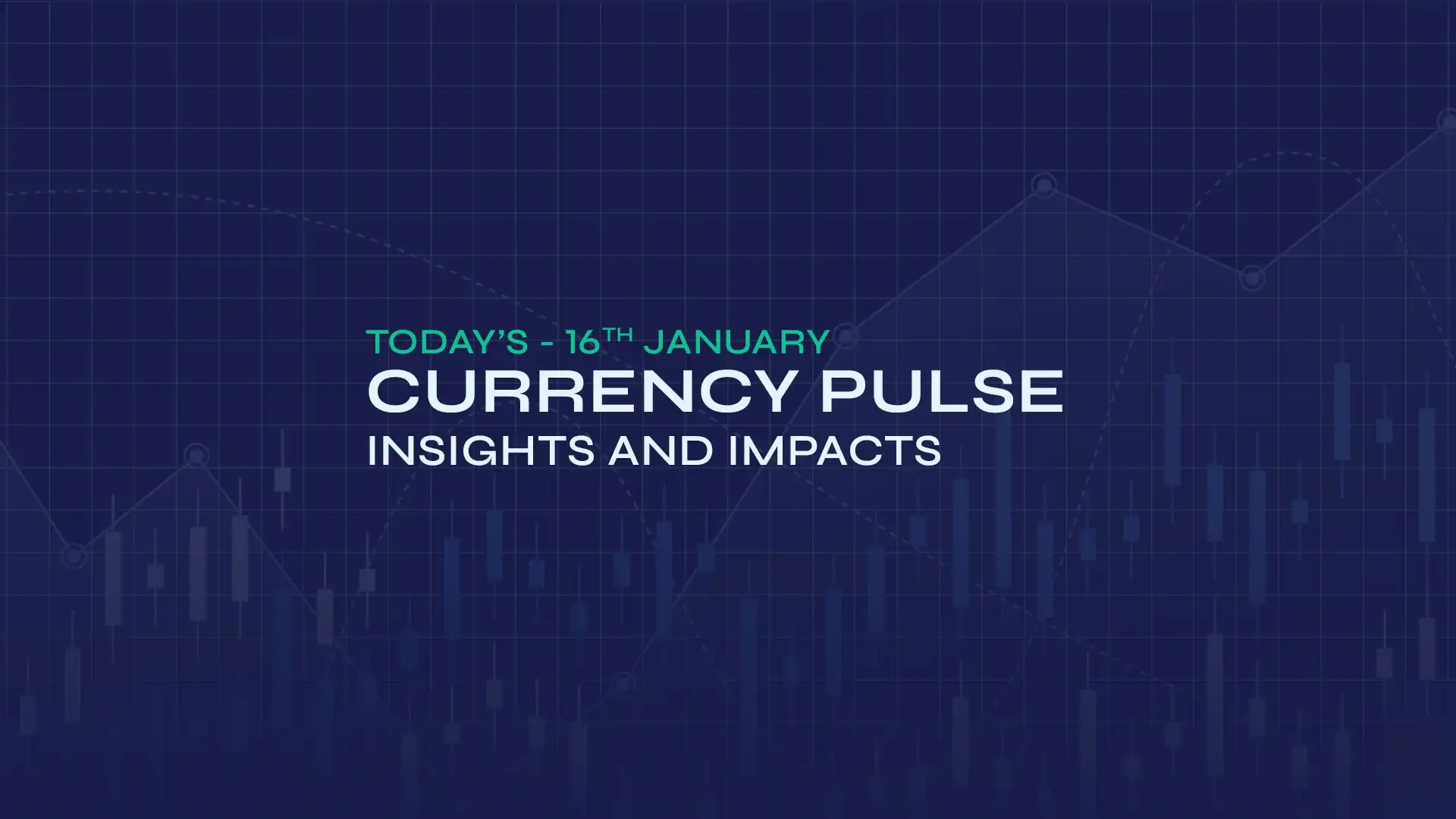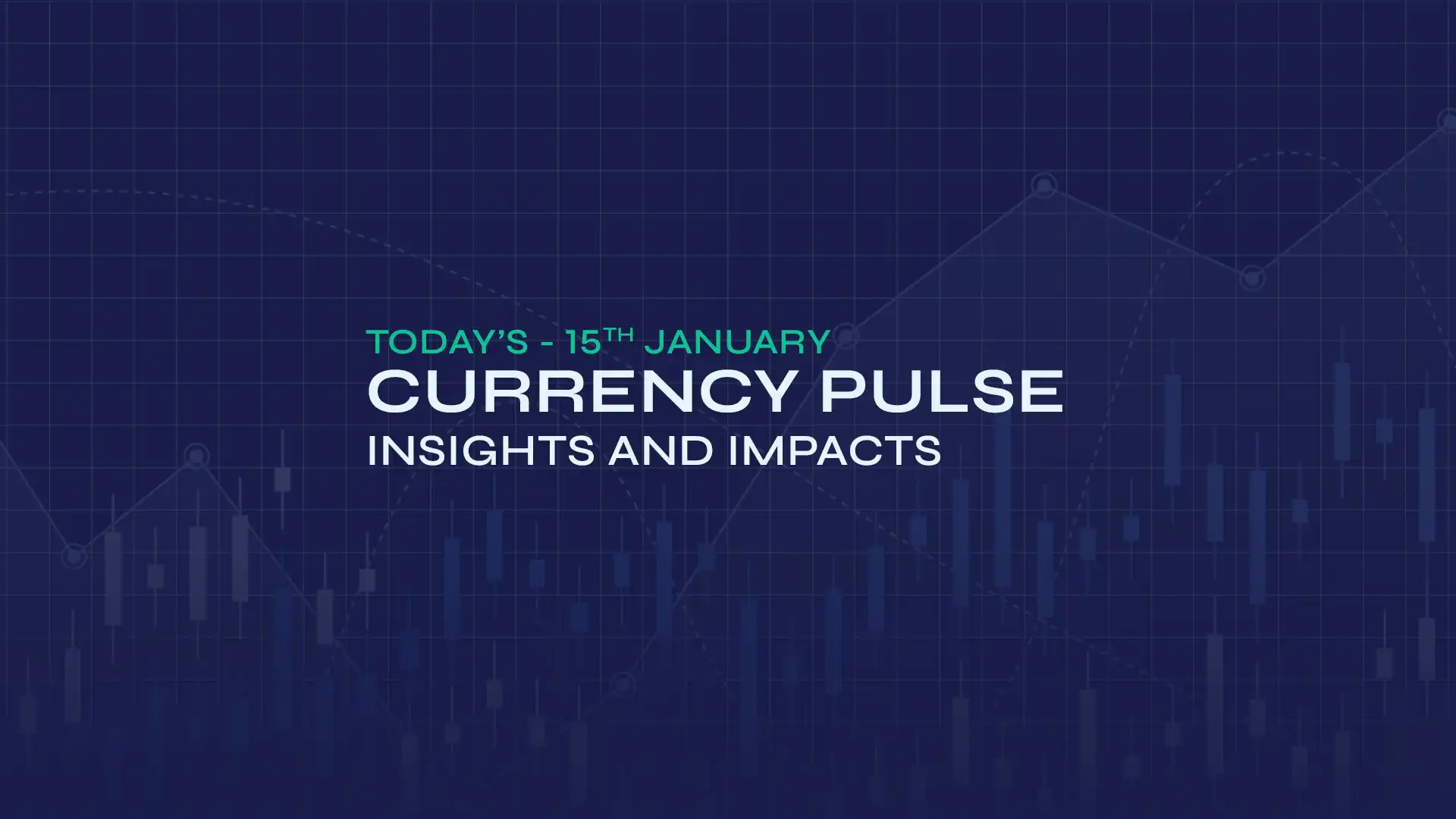Optimism seems to be building around the ongoing trade deal between the European Union (EU) and the United States (US), while the market mood remains cautious amid concerns over the UK's fiscal situation. The Bank of England (BoE) highlighted some risks in its mid-year Financial Policy Committee (FPC) report on Wednesday. According to the FPC, "The risk of sharp falls in risky asset prices, sudden changes in asset allocation, and a prolonged breakdown of historical correlations remains high." The committee pointed to geopolitical tensions, the global fragmentation of trade and financial markets, and pressures on sovereign debt as a few of the key factors adding to economic uncertainty in the UK. Recent UK growth data showed that the economy shrank 0.1% month-over-month in May, following a 0.3% contraction in April, which was worse than the expected 0.1% growth.
Adding to the pressure on the Pound, Bank of England Governor Andrew Bailey mentioned on Monday that interest rates might be on a downward path. In an interview with The Times, he said that economic "slack" is starting to emerge, especially because of higher employer national insurance contributions, which he believes could ease inflationary pressure. Bailey said, "I really do believe the path is downward," while also noting that any rate cuts would likely be "gradual and careful." Still, he added that if slack appears more quickly than expected, the Bank might need to act more decisively. With back-to-back months of economic contraction, a slowing jobs market, and increasing fiscal strain, markets are starting to think the BoE might lower rates more than originally expected. Some analysts believe this may weigh on the GBP in the near term.
Last week, there was also a bit of market jitters over speculation about Chancellor Rachel Reeves' future, especially after she was seen visibly emotional during Prime Minister's Questions. But the Pound found some stability after it was confirmed that Reeves will stay on until the next elections. On Thursday, Reeves told reporters that she would continue in the role despite the fiscal headwinds and felt confident about the economic outlook. A spokesperson for Prime Minister Keir Starmer also stepped in to say, "She [Reeves] is going nowhere." The speculation had started earlier in the week after Reeves was spotted crying in the House of Commons, following a reversal on her own fiscal rules and Starmer's silence when asked directly about her position by Conservative leader Kemi Badenoch. That incident led to a spike in UK gilt yields and put some pressure on the Pound. Reeves had revised her fiscal rules by increasing the standard allowance for Universal Credit in the new welfare bill. She acknowledged that to cover the cost, either spending would have to be cut or taxes raised. "Of course, there is a cost to the welfare changes approved by Parliament this week, and this will be reflected in the Budget," Reeves said.
As for the Euro (EUR), it's been finding some support since the EU said on Sunday that it would extend its pause on countermeasures against US tariffs until early August, giving more time for negotiations. On Saturday, US President Donald Trump announced a 30% tariff on EU and Mexican imports, effective 1 August. He also floated the idea of applying a uniform tariff of 15% to 20% on other trading partners, up from the current 10% base rate. German Chancellor Friedrich Merz sounded hopeful about reaching a deal, while warning that a 30% tariff could be particularly harmful for Germany's export-reliant economy. Von der Leyen added that while the EU does have its Anti-Coercion Instrument, which would allow for strong countermeasures, it's not in use just yet, saying, "We are not there yet." Italy's Foreign Minister, Antonio Tajani, also said on Monday that if no deal is reached, the EU already has a list of retaliatory tariffs worth €21 billion ready to go. He also suggested that the European Central Bank (ECB) should consider rolling out a new QE programme and rate cuts if US tariffs do take effect.
Last Tuesday, it was reported that the EU would "probably" receive a letter on Thursday detailing its new tariff rate from the US. President Trump noted that the EU had gone from being "very tough" to "very nice," as both sides ramped up efforts to avoid steep reciprocal tariffs on EU exports. These tariffs were initially due to kick in on Wednesday but are now delayed until 1 August. Even so, the uncertainty around tariffs and fears of a trade war could put some downward pressure on the euro in the short term. Meanwhile, ECB policymaker Boris Vujcic, considered one of the more hawkish voices on the Governing Council, said the Bank doesn't need to be overly worried about temporarily missing its 2% inflation target. He also felt there's no rush to adjust rates and that they have "the luxury to wait," with upcoming data likely guiding their next steps.
Traders are likely to keep a close eye on developments in the US–EU tariff discussions, the broader trade tensions between the two regions, and inflation data releases. The UK Consumer Price Index (CPI) is due on Tuesday, followed by the Eurozone CPI on Thursday. Both could help shape the central banks' next moves and, in turn, steer the EUR/GBP exchange rate.
Stay Ahead in the Currency Game
Whether you're a daily FX trader or handle international transactions regularly, our 'Currency Pulse' newsletter delivers the news you need to make more informed decisions. Receive concise updates and in-depth insights directly in your LinkedIn feed.
Subscribe to 'Currency Pulse' now and never miss a beat in the currency markets!
Ready to act on today’s insights? Get a free quote or give us a call on: +44 (0)20 7740 0000 to connect with a dedicated portfolio manager for tailored support.
Important Disclaimer: This blog is for informational purposes only and should not be considered financial advice. Currency Solutions does not take into account the investment objectives, financial situation, or specific needs of any individual readers. We do not endorse or recommend any specific financial strategies, products, or services mentioned in this content. All information is provided “as is” without any representations or warranties, express or implied, regarding its accuracy, completeness, or timeliness.




